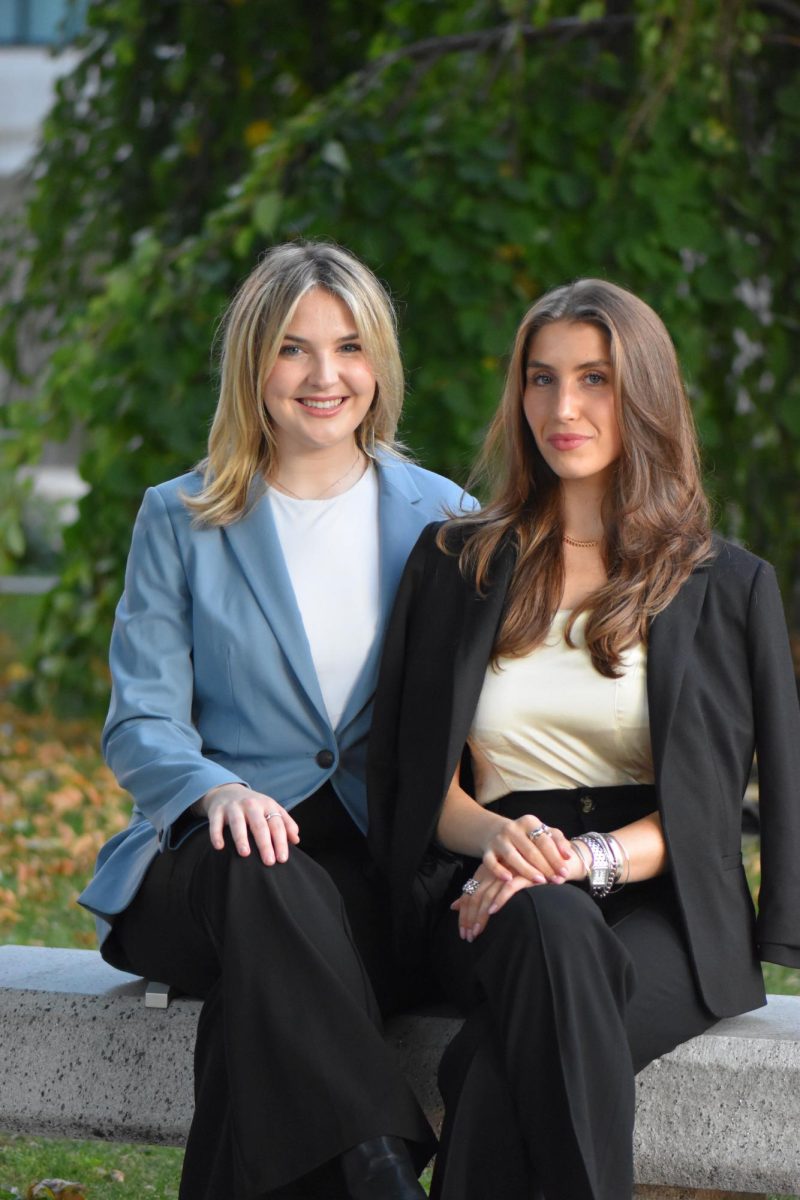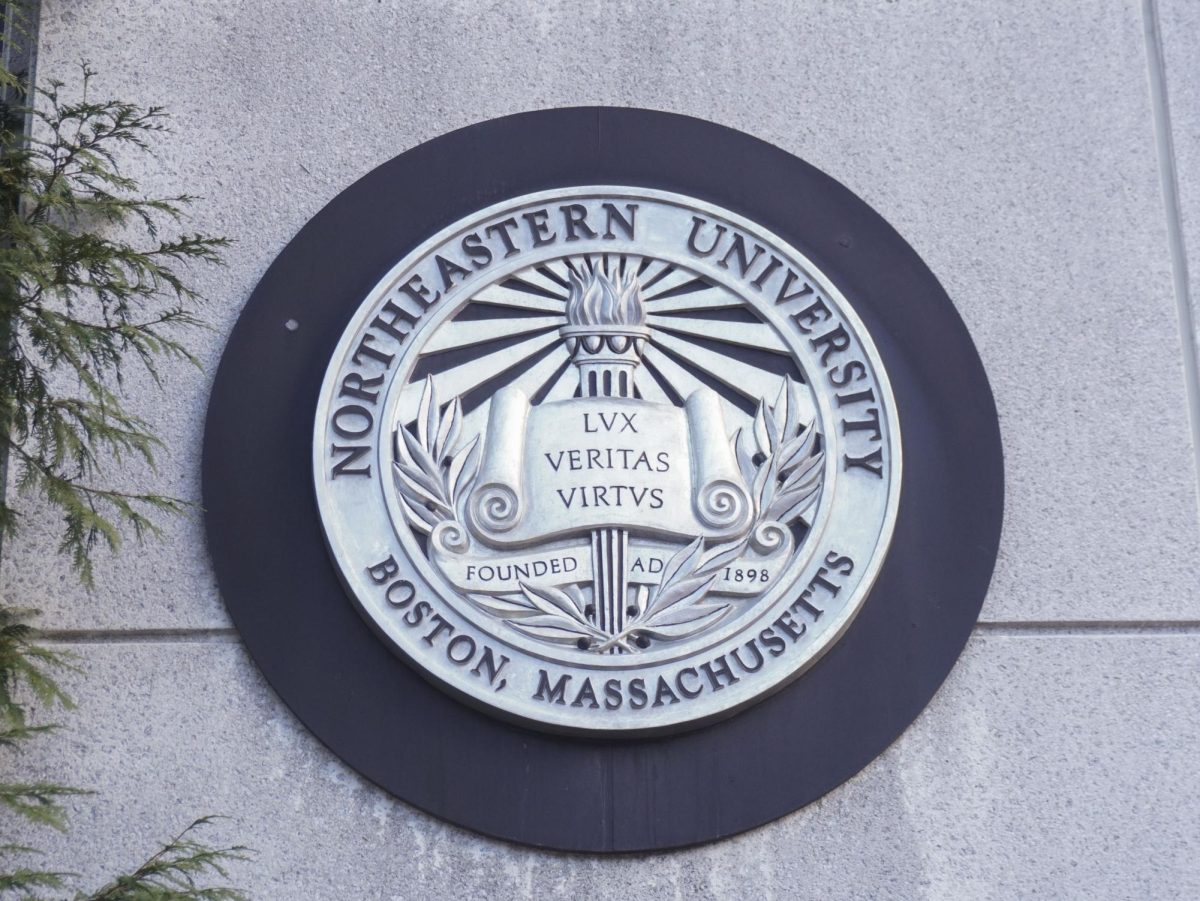Northeastern University’s recently established Institute on Urban Health Research welcomed United States Surgeon General Dr. Richard Carmona last Wednesday, in Blackman Auditorium.
Dr. Carmona spoke to the audience about his life and the state of public health issues in the US. He also stressed the importance of cooperation of organizations at the local and state level for better effectiveness of programs.
“The work you are doing here at Northeastern and at the Institute on Urban Health Research, while it doesn’t always make headlines, is critically important to the lives and health of Bostonians and all of America,” he said.
Carmona said he had a speech planned, mainly outlining his stance on issues, but said when he saw the surprising amount of students present, he decided to relate on a more personal level.
He described his experience and the background of his life.
Carmona, born in 1949 in Harlem, N.Y., had a less than modest upbringing. A high school dropout, he admits that he made mistakes in his youth, but that his greatest decision was when he enlisted in the United States Army.
From there, he went on to be a decorated Vietnam War hero and was able to continue on with his education, earning his Ph.D. from the University of California at San Francisco.
Carmona emphasized the importance of prevention of major illnesses, closing the gap on health disparities, and preparing for a biological chemical attack.
Regarding prevention, he focused on such conditions as diabetes and obesity.
“We should be able to wipe out these major diseases,” he said.
Carmona was appointed the position of Surgeon General by President George W. Bush on March 26, 2002.
“His vast experience makes him the right person for the job” said Hari Mandir Kaur Khalsa, a graduate fellow at the Bouve College.
Joining the Surgeon General onstage for the symposium were John Auerbach, executive director of the Boston Public Health Commission, Jean Flatley, director of the HIV/AIDS Bureau of the Massachusetts Department of Public Health, and State Senator Dianne Wilkerson of the second Suffolk District. Also in attendance was Northeastern President Richard Freeland.
“The symposium was the kickoff event for the institute,” said Amanda Nevarro, Research Associate of the Bouve College of Health Sciences. “The Surgeon General is just a down to earth person who knows how to relate with people”.
The Institute on Urban Health Research is headed by Dr. Hortensia Amaro. After the symposium concluded, Carmona joined Amaro and Northeastern staff at the Boston Consortium of Services for Families in Recovery, where they observed the facilities substance abuse program and spoke with the faculty and patients.
“He expressed regret that his job doesn’t allow him to be as personal with patients as he would like,” Navarro said.
The Institute is currently juggling a dozen different projects, dealing with such topics as interventions for substance abuse and racial and ethnic disparities and their health recourses. The Institute was founded to address the critical health disparities inflicting low income and urban African American and Latino communities in Boston and in cities across the nation.
“We’re trying to establish ourselves as a leader in urban research,” said Mathea Quinones, Institute coordinator. “We have high expectations for the institute and that is why we brought in Dr. Amaro.”
Amaro shares this belief that Northeastern can be a model program that other school will emulate.
“The event was a big success; we’re pleased the Surgeon General could make the time to spend the entire day with us,” Amaro said.










